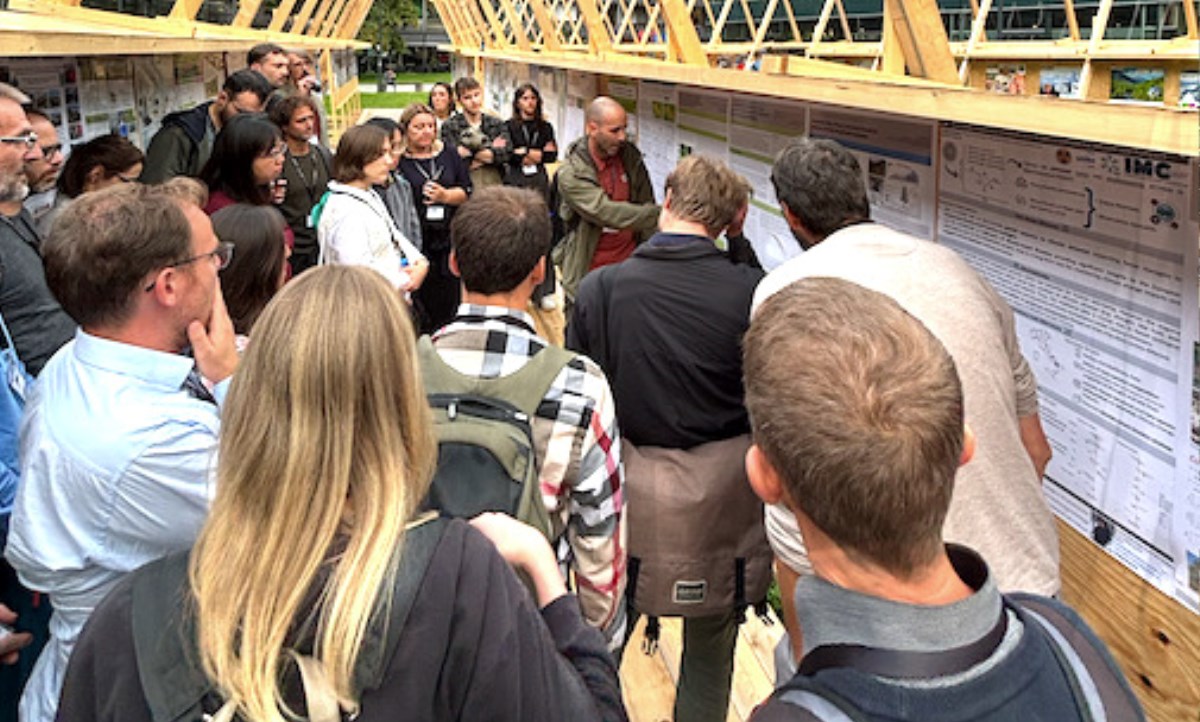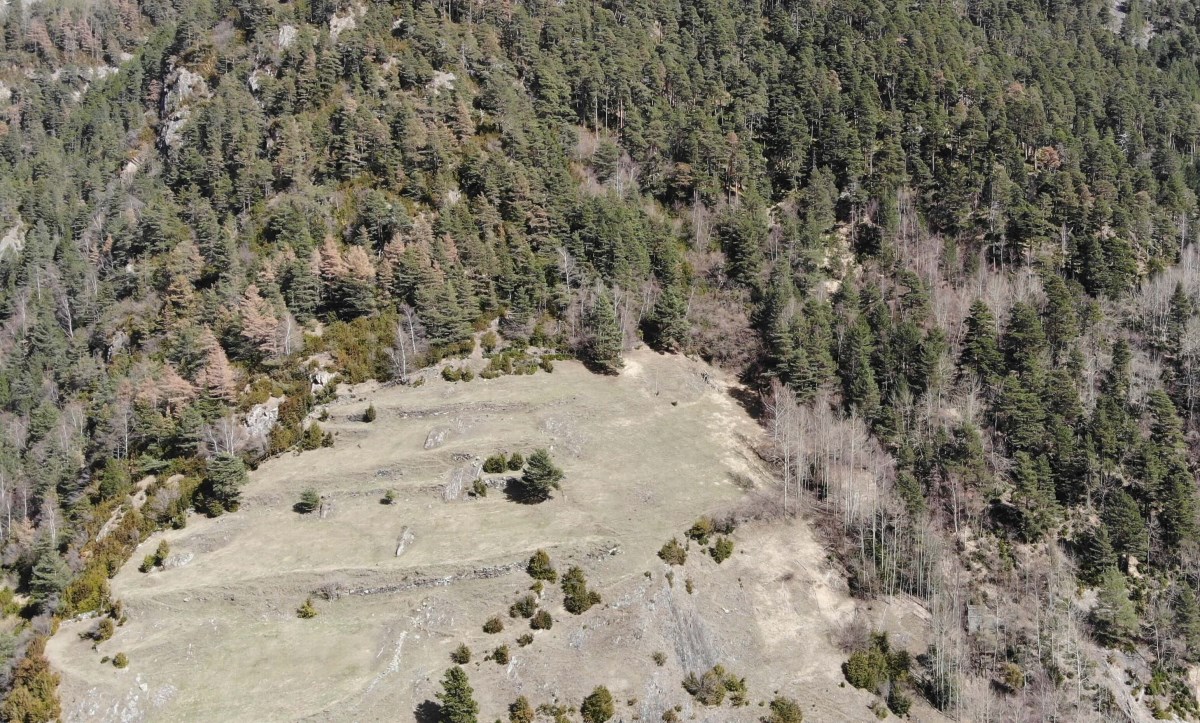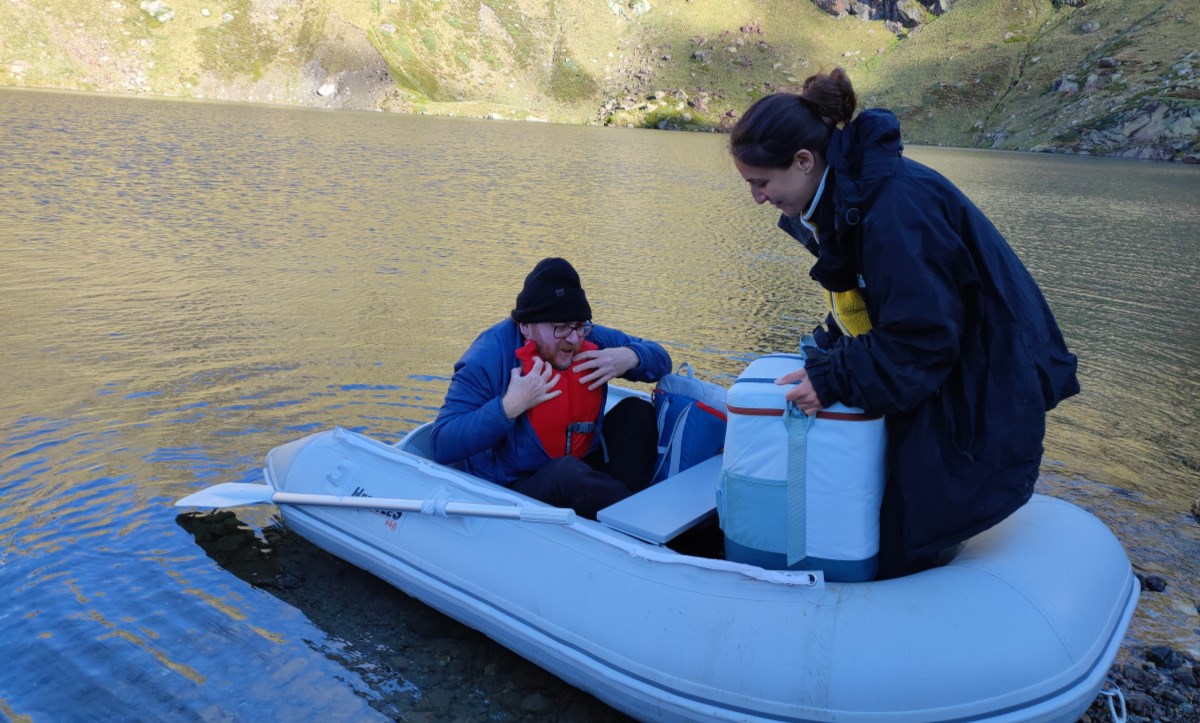Projects
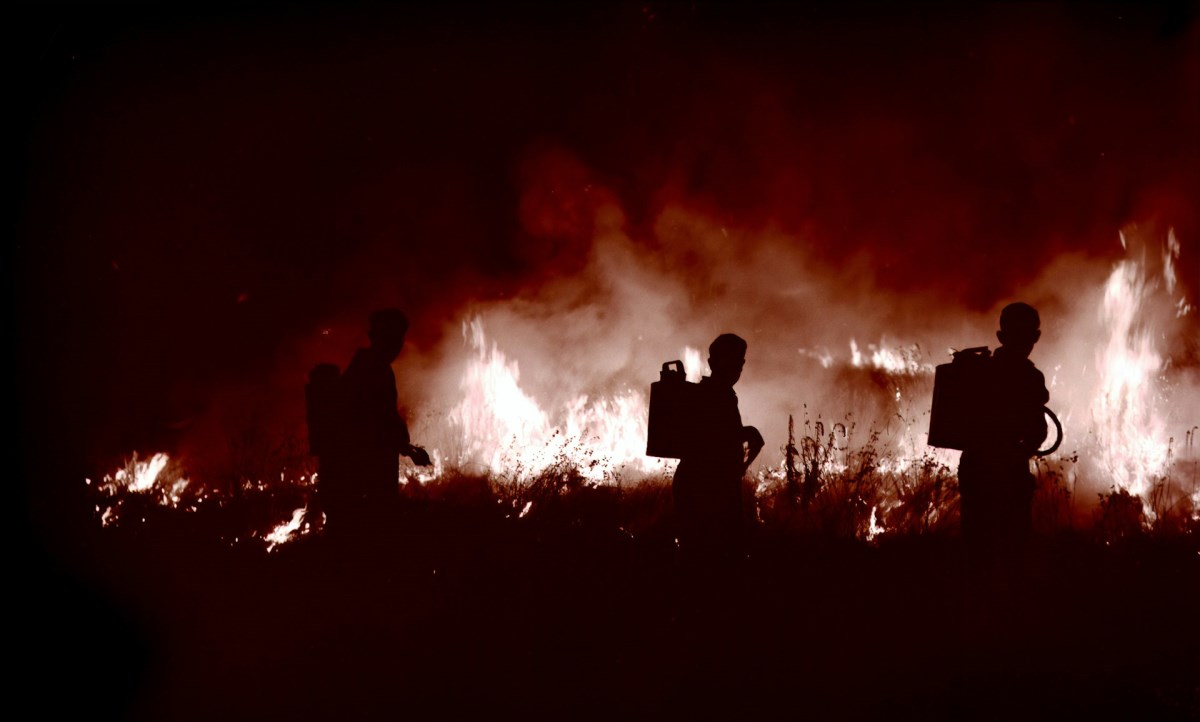
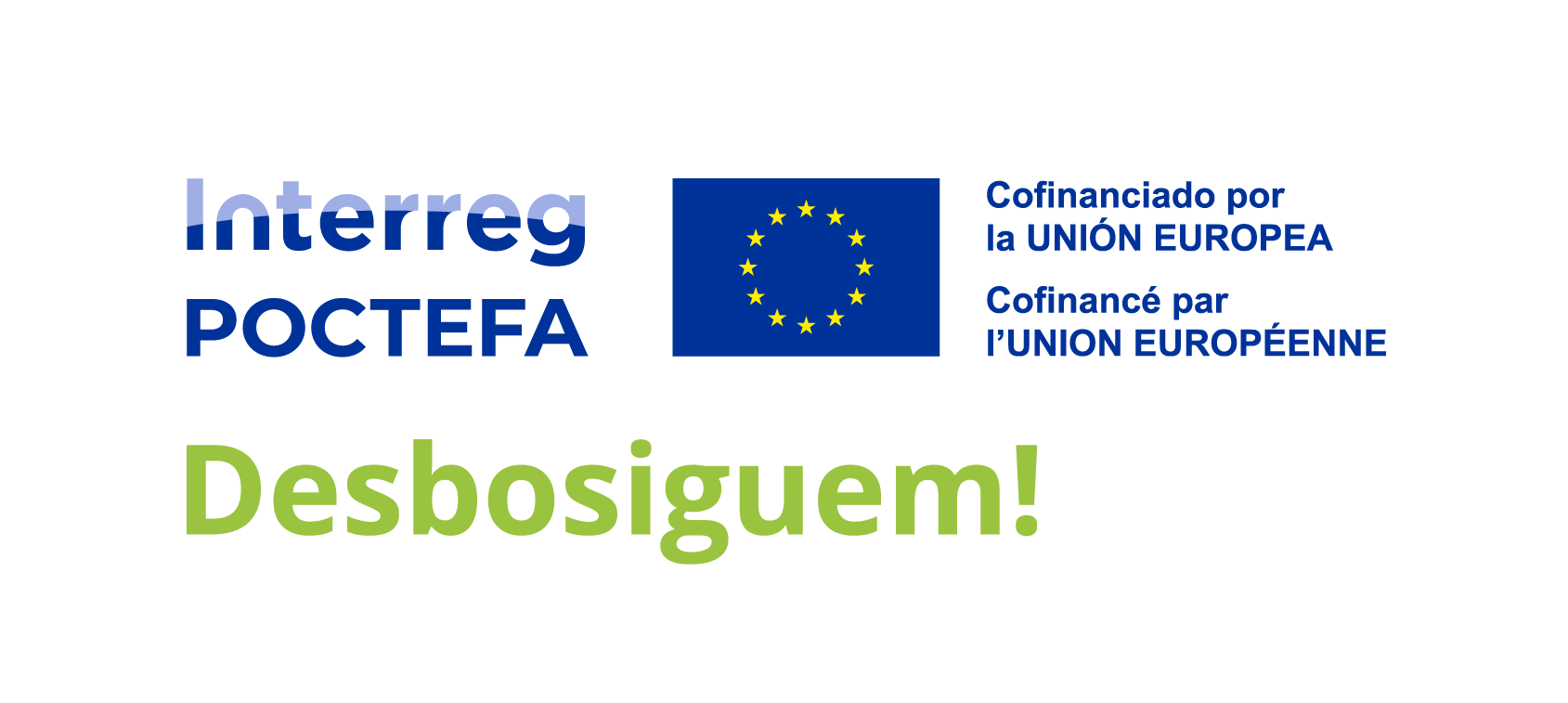
Within the framework of the European cross-border cooperation programme Interreg POCTEFA 2021-2027, this project aims to support the maintenance of open spaces in the Pyrenees, maintaining diversity, pastoral practices and reducing the risk of fire.
Climate change is contributing to the thinning of the forest and the loss of open areas. Rising temperatures and the loss of rural activities are making it increasingly difficult to maintain open spaces in the high mountains. The forest is expanding to the very fringes of villages and housing estates throughout the Pyrenees. These areas, now occupied by woodland and scrub, were once agricultural plots, fields and pastures, and had a specific biodiversity that we do not find in densely wooded areas. At the same time, this dynamic has led to an increase in the risk of fire and the severity of fires, both on a local and landscape scale. The closing of open spaces, in addition to increasing the risk of forest fires, reduces ecological continuity, and represents a loss of forest resources on which multifunctional activities such as pastoralism depend, which at the same time safeguard this rich and historical mosaic landscape of the Pyrenees.
This project aims to provide integrated solutions to help the managers of these areas (natural parks, local public bodies, private owners and inhabitants) to make decisions and manage the territory in a sustainable way, combating the consequences of climate change and woodament.
The aim of the project is to produce a manual of best practices on the opening and maintenance of open forest areas. The manual will include combinations of rural forestry management techniques, such as thinning, silvopastoralism, thinning and prescribed burning. On the other hand, various forest fire scenarios will be modelled in order to be able to see which ones could contribute more easily to high intensity forest fires, relating them to the different structures of the forest and open spaces.
Desbosiguem proposes a pilot case in Andorra, specifically in the parishes of La Massana and Ordino. This pilot project will model certain forest fires by studying the different types of forest structures. The Andorran entities associated with the project are: Comú de la Massana, Comú d'Ordino, the Andorran Fire Brigade, and the Department of Civil Protection and Emergency Management of Andorra.
Andorra Research+Innovation acknowledges the Government of Andorra for the grant awarded in the Andorran supplementary call to Poctefa projects 2023, Ref. AUEP018- AND/2023.

 Oriol Travesset
Oriol Travesset Marta Domènech
Marta Domènech Gerard Grande
Gerard Grande